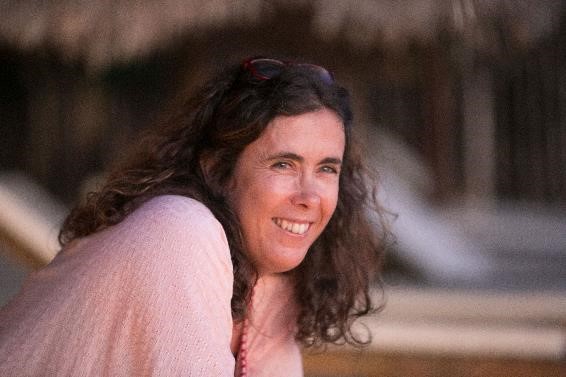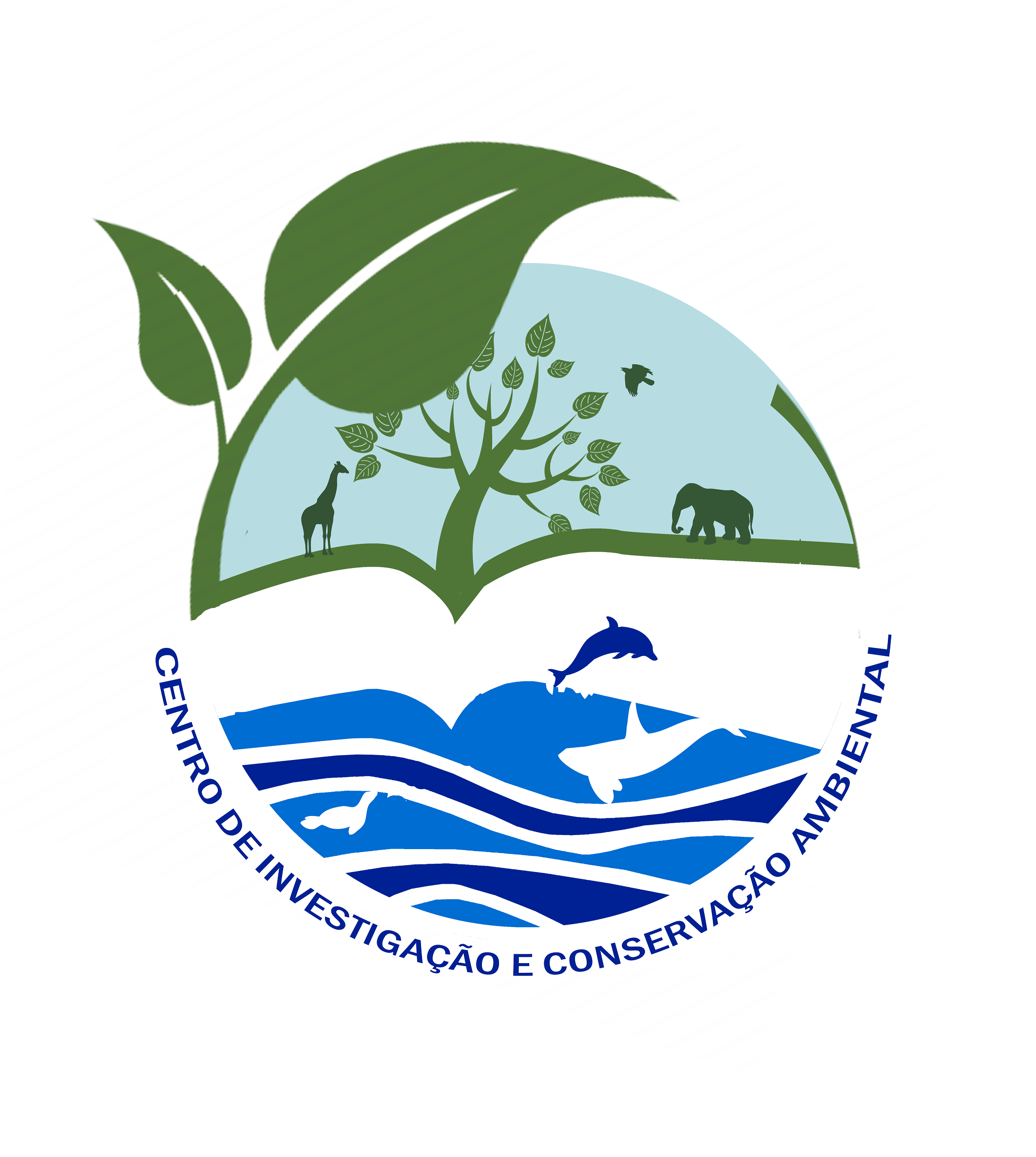
Center for Research and Environmental Conservation from Faculty of Natural Sciences (CICA)
This center of research and environmental consulting is subordinated to the Faculty of Natural Sciences (FCN) of the University Lúrio (UniLúrio). It has financial and administrative autonomy. It was created in 2016 with the intention of responding to requests from civil society, mainly from private companies to provide environmental services. But since the FCN was created in 2009 that has been providing environmental services to private and projects.
CICA’s environmental researchers/consultants are FCN’s teachers/researchers and others that CICA can hire to respond to clients’ requests.
The types of services offered by CICA range from community development, environmental education and environmental consulting projects. At the level of environmental consulting, the CICA has specialists in Reptile, Birds, Mammals, Fisheries, Marine Turtles and Marine Mammals, Coral reefs and Seagrass, Mangroves and Botanists.
SERVICES ALREADY PROVIDED
Tungue Bay
Participation with CreOcean for Total in ”Tungue Bay, Mozambique Marine Ecological and Biodiversity Baseline Refresh.
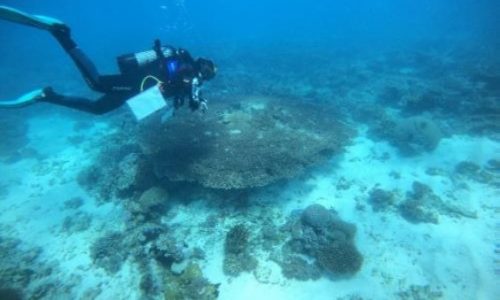
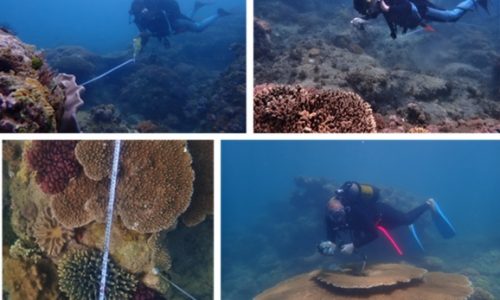
Benthos
Benthos, Coral and seagrass Monitoring with Ramboll for CCS&JV.
Consultec/BIOTA/Blue dot for ENI
Action plan for the critical endangered Hawksbill turtle – This plan should enable the identification of priorities for the conservation of hawksbill turtles, the conservation actions required to be carried out, the monitoring, evaluation and improvement necessary to demonstrate that a net gain is carried out by ENI.
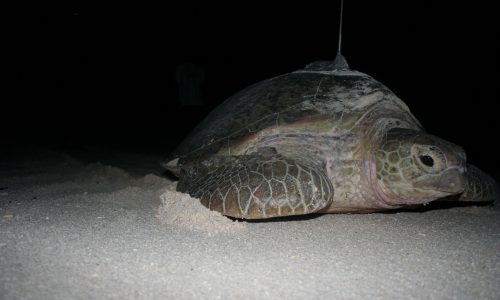
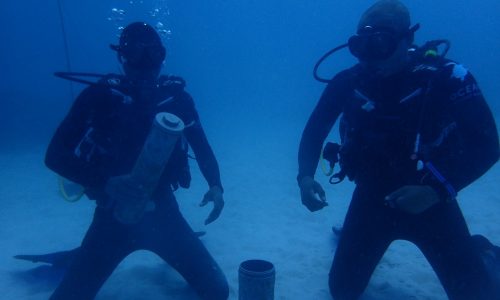
ERM/biodinamica
Participated “Construction and development of Anadarko LNG facility replacement housing and resettlement village for the relocation of physically displaced households from Quitupo village and associated agricultural areas (e.g. Simo, Milamba and Ngodji)” developing services in “Environmental Performance and Monitoring Services “.
GEOTEAM/ENI
In 2017 CICA carried out a baseline study for Palma LNG therefore were conducted underwater surveys of coral reefs and seagrass and marine turtle component.
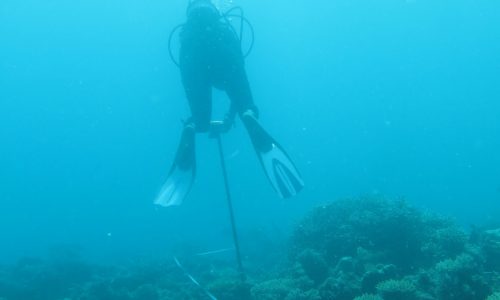
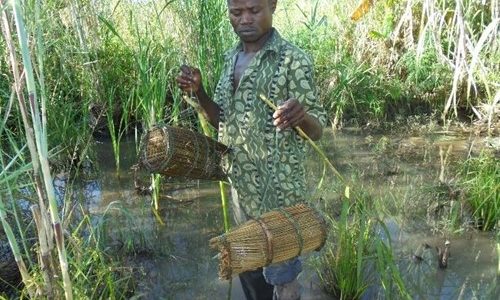
Syrah resources
From the year 2017 to 2018 CICA dedicated research time to the aquatic ecology component.
ENHIL/ Parsons Brinckerhoff/biodinamica Pemba, Mozambique - Pemba Oil and Gas Service Centre (POGSC)
In 2015 CICA conducted an environmental supervision having done biodiversity and underwater surveys.
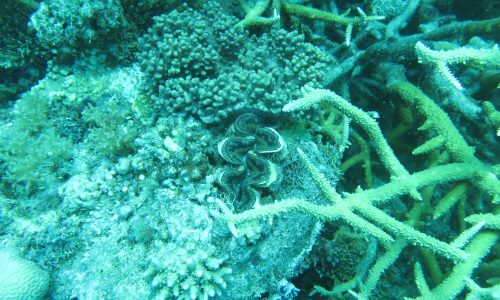
PROJECTS
More fish, Less conflict: FAD – Fish Aggregation devices
Vale (ex Corredor Logístico Integrado de Nacala SA) built a special terminal for the transportation of coal. Large ships are received at this terminal, which require special navigation rules because of their high operational risk. As a consequence, an increase of fishermen has been observed under the bridge/ wharf due to the attraction that this structure provides to fish, which makes it a challenge to prohibit fishing in that area.
During the docking, undocking, and permanence of the ships at the Pier, the small boats of the communities make disorderly movements in that area, which exposes them to considerable risks.
In this context we developed the project to install fish aggregating devices to move the fishing effort of the communities to new areas and increase the fish population in these areas and give more secure options to the artisanal fishermen.
The structures installed, fish aggregating devices, are made of steel metallic material and organized in 4 areas of 100m x100m, 1ha; they are marked with buoys so that fishermen using nets know that they cannot fish within the limits because the nets will get stuck, however angling will be allowed.
The Project will have a beneficial effect for the community that fishes in the Bay of Nacala, since the activity will be monitored by the community itself (Fishing community councils).
The pieces were deployed in Nacala Bay in four (4) Villages: Massingirine Community, Nachiropa, Naherengue and Muzuane.
Please see the videos of the project in:
Community Development and Biodiversity Protection
The project “Community Development and Biodiversity Protection” was developed in Pemba and Vamizi Island by applying a “circular economy” approach integrating the following 4 C’s components, namely Conservation, Community, Culture and Capacity. The Project’s main purposes are:
To run a pilot project to understand the feasibility and utility of establishing a coral nursery area to grow fragments of corals into colonies in Vamizi Island within the Marine Sanctuary “no-fishing zone” of the community managed Marine Projected Area to explore the potential of coral nurseries and determine the key factors for a successful coral nursery site.
To raise biodiversity conservation awareness among the population in Cabo Delgado coastal communities (particularly within Vamizi community) on the importance of marine resources for their livelihoods. The socio–economic initiatives to improve living conditions of local community are as follows:
Capacity building for Community Fishing Council (CCP) to increase their knowledge and ability to patrol the marine sanctuary;
Education project involving the community primary school;
Women empowerment initiative for handcraft production.
Recovery and Peacebuilding Assessment for Northern Mozambique
The Government of Mozambique (GoM) has requested support from the United Nations (UN), the European Union (EU), the World Bank (WBG), and the African Development Bank (AfDB) to develop a comprehensive multi-sectoral Development and Resilience Strategy for the North of Mozambique (henceforth ““Strategy”),”), namely the provinces of Nampula, Niassa, and Cabo Delgado, under the auspices of the Integrated Development Agency for the North (ADIN). The formulation of the Strategy presents an opportunity for development partners to coordinate technical support across the Humanitarian-Development-Peace (HDP) nexus while building the ownership of the Government of Mozambique.
There is strong consensus among the GoM and partners on the importance of broad-based consultation and inclusion regarding the Strategy; and the need for greater collaboration with actors on the ground beyond the formal state, including community, traditional, and religious actors, the private sector, and civil society.
In this context, CICA planned consultations to complement the desk review and supplement the first round of consultations led by the National Consultants in the three Northern provinces (in March 2021). The objectives of these consultations are to fill data gaps and triangulate information provided by the assessment. Consultation methods being considered include Focus Group Discussions (FGDs), individual stakeholder interviews, and perception surveys.
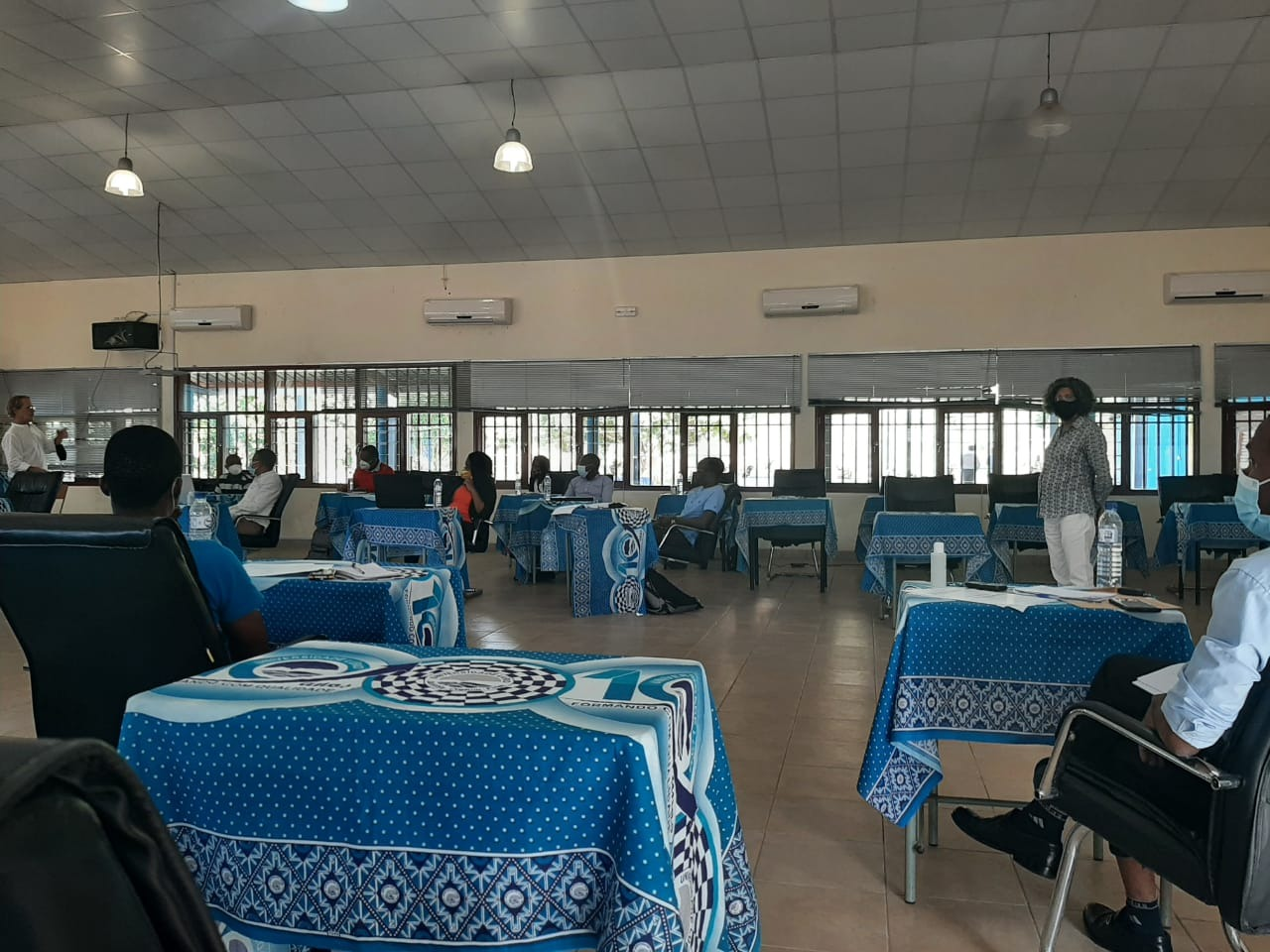
Ecological Survey in Priority Habitats
Ecological Survey in Priority Habitats: Coral Reefs, Seagrass Beds And Mangrove Forests In 2 Proposed Community-Managed Access Areas And Reserves In Memba Bay And Mozambique Island, Nampula Province for RARE
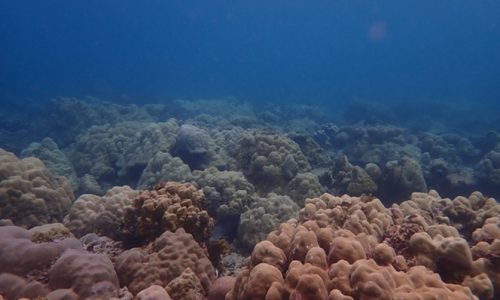
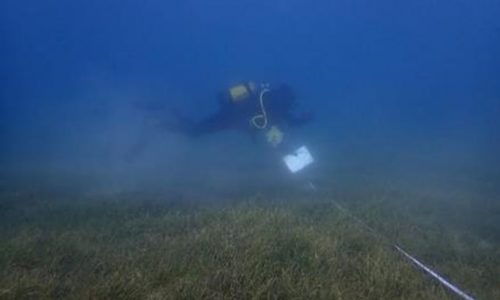
Ecological baseline survey
Ecological baseline survey of coral reefs and seagrass meadows in the five Total Conservation Areas of the Primeiras and Segundas Environmental Protection Area for WWF
OSOL
APP, smart phone development and implementation for the community monitoring of fisheries
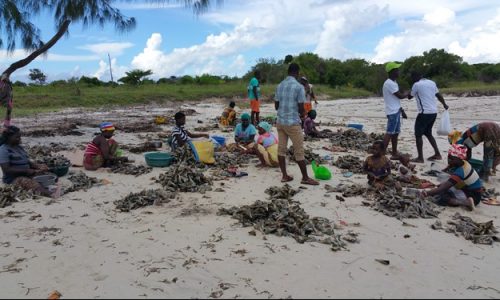
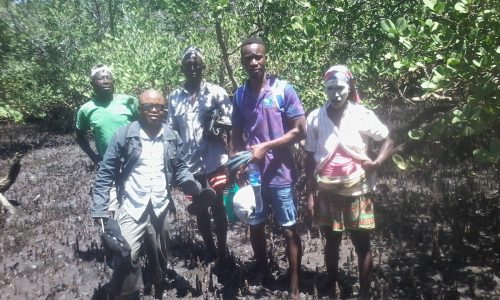
Bar-coding the Aquatic Biodiversity of South-Eastern Africa
Biodiversity genetic mapping project.
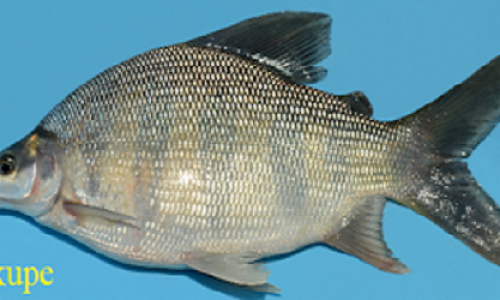
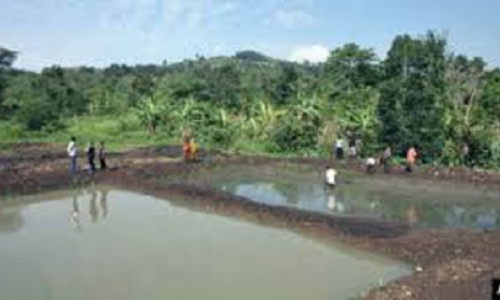
NutriMo
Development of handmade diets for tilapia nutrition in community-based aquaculture in Mozambique
Awareness and monitoring of marine litter in Mozambique
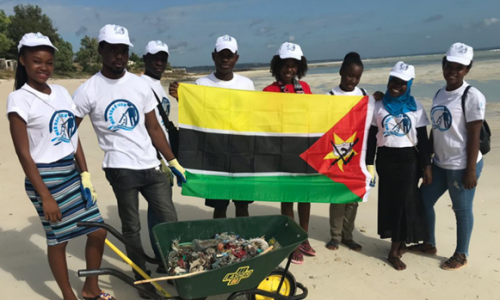
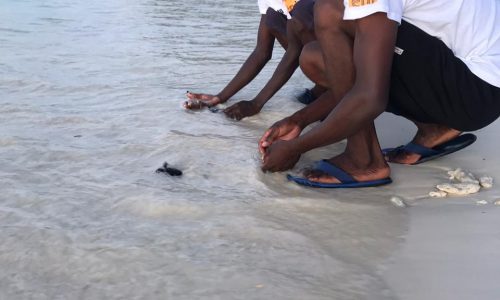
Community Development and Biodiversity Protection in the City of Pemba and Vamizi Island, in the Province of Cabo Delgado
This initiative is part of the implementation of the Coral South Project Sustainability Plan, ENI
UniLúrio in partnership with Twigg trains community beekeepers in Balama
In December 2019, FCN through CICA was requested by the multinational TWIGG EXPLORATION & MINING Lda. (A company based in Mozambique, dedicated to graphite exploration in Cabo Delgado) to work with communities in the district of Balama, in the to enhance the production of honey, propolis, saw and bee pollen in that region.
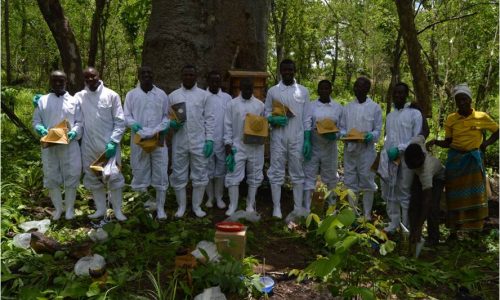
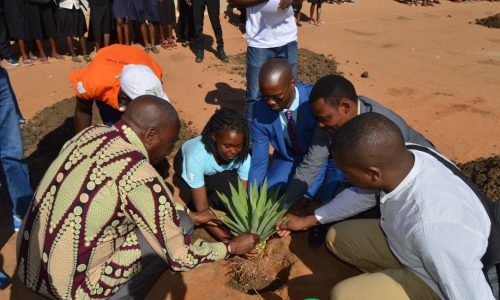
“A minha escola é mais verde”
The aim of this project is to increase the ability and competence in management and appreciation of the green infrastructures trough awareness and environmental education for the student in the first and second period of education in the city of Pemba. Therefore, thereabout 1670 students participated in the project and more than 3000 plants were planted in 16 school gardens around the city
Oceano vivo
Strengthening the management and expansion of marine protected areas to build socio-economic and ecological resilience in the Southwest Indian Ocean.-website under construction.
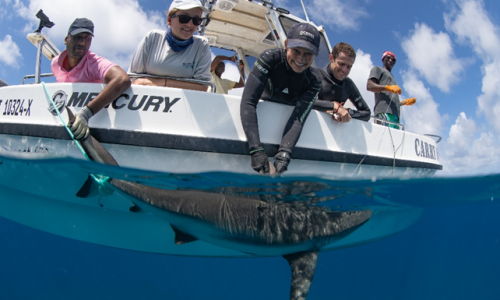
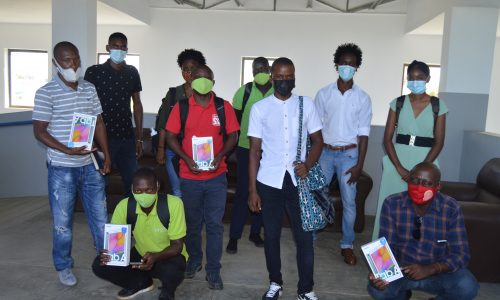
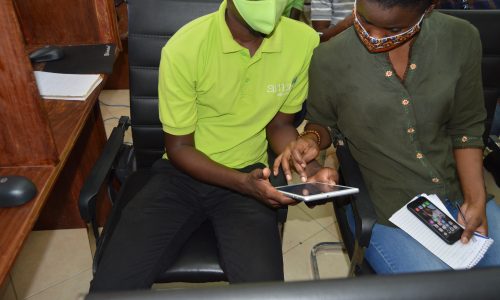
Understanding immediate impacts of Covid-19 on coastal communities in Mozambique
As part of the implementation of the OSOL project activities (Application for the Covid-19 Rapid Response Grant “Understanding immediate impacts of Covid-19 on coastal communities in Mozambique”) in which UniLúrio was called to participate, were its responsibility was to: implement data collection Methodologies ready for implementation using the SurveyCTO platform and as a result: create data collection strategies and available sheets converted into Survey CTO format and have training given to AMA(Cabo Delgado Environment Association) staff for data collection with SurveyCTO application); Have data collected and available in SurveyCTO database.
Mozambique island training expedition
Sampling the intertidal zone, data on sea turtles were collected through surveys administered to local communities, especially fishermen and invertebrate collectors, using smartphones.
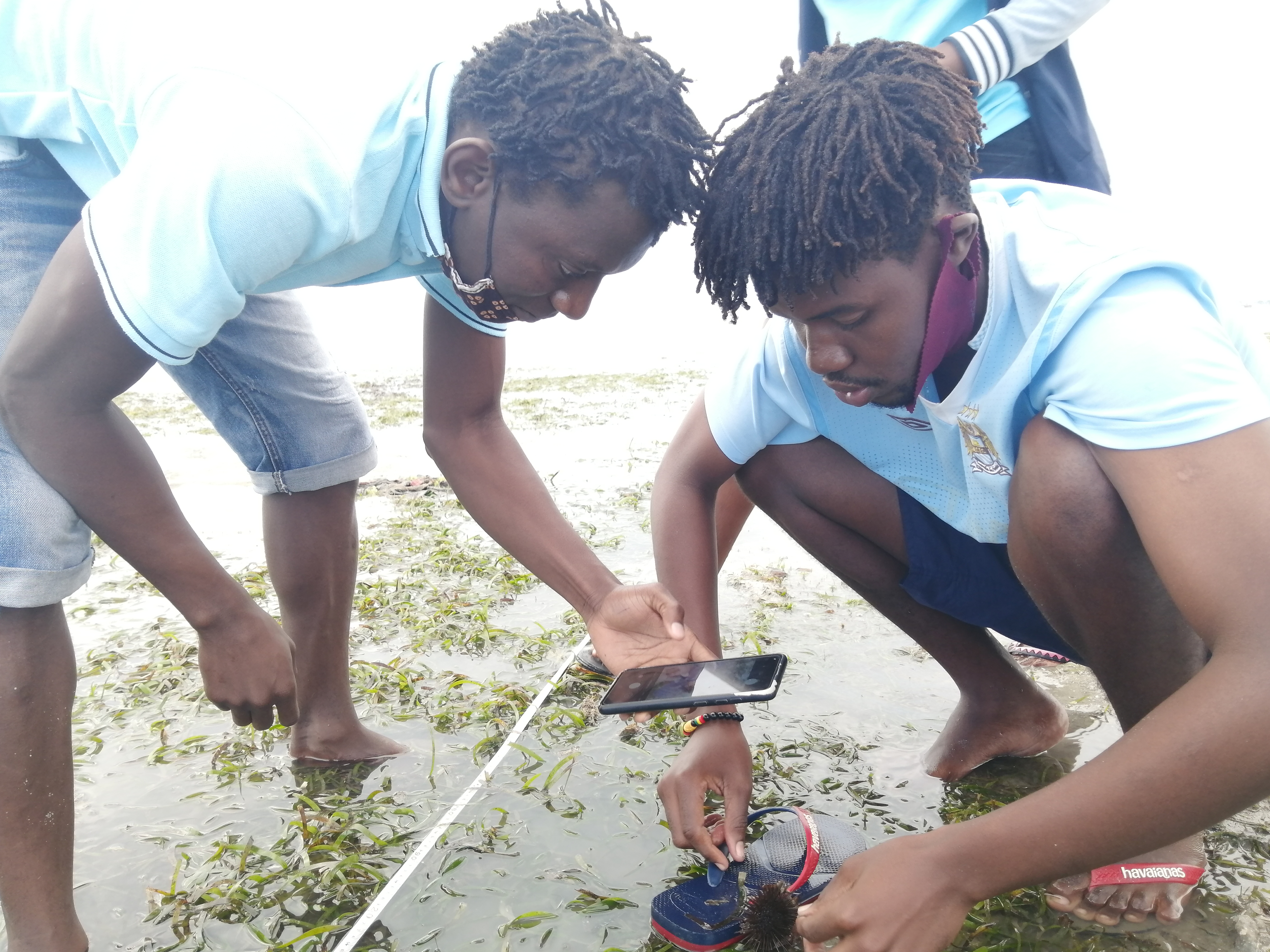

Billfish app application (still to start)
UniLúrio, in coordination with the National Institute for Fisheries Research, implemented an application for sport fishing data collection for billfish sampling using the Open Data Kit platform via smartphones. This activity was designed to perform this type of sampling by any type of sport fisherman (company or individual) that was performing sport fishing activities anywhere in the country. The information would be sent to the database of IIP well as UniLúrio. The application was designed following the bilingual model where the samplers could choose the most favorable language for them. Likewise, the application was made in ways that would be accessible so that sport fisher would not need training/capacity building to use it.
EVENTS
Biodiversity Conference of Climate Change and Sustainable Development

PARTNERS
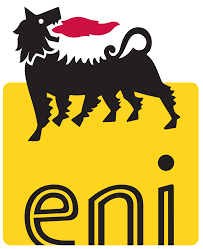




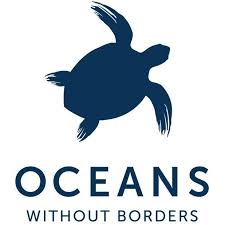

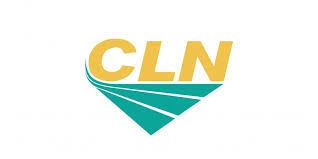


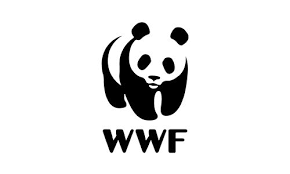
Visit us
Campus universitário da Universidade Lúrio
Bairro Eduardo Mondlane, Pemba
Call us
(+258) 8458 18156 | 8705 65852
Contact us
isabel.silva@unilurio.ac.mz
MEET THE DIRECTOR OF THE CENTER
Isabel Marques da Silva
She was born in 1971, Portugal, studied at ICBAS, in the course of Aquatic Sciences. She worked at the Lisbon Oceanarium from 1997-05. -In 2006 she moved to Mozambique, where she started working as a volunteer for ZSL. She worked as a consultant for WWF, IUCN and WCS. In 2009 she joined the University of Lúrio where she currently teaches. Her PhD thesis was at the University of Aveiro in 2011-2015 with the theme “The ecological and social impacts of co-management of fisheries. A case study of northern Mozambique”. In his eight years dedicated to marine conservation in Cabo Delgado, he has dedicated himself mainly to issues of co-management of fisheries and the development of the Community Sanctuary of Vamizi Island. His great passion is scuba diving, which he started practicing in 1992. He has done underwater monitoring, trained Mozambican diver biologists. On the island of Vamizi is called Kerera, the fish that does not stop.
